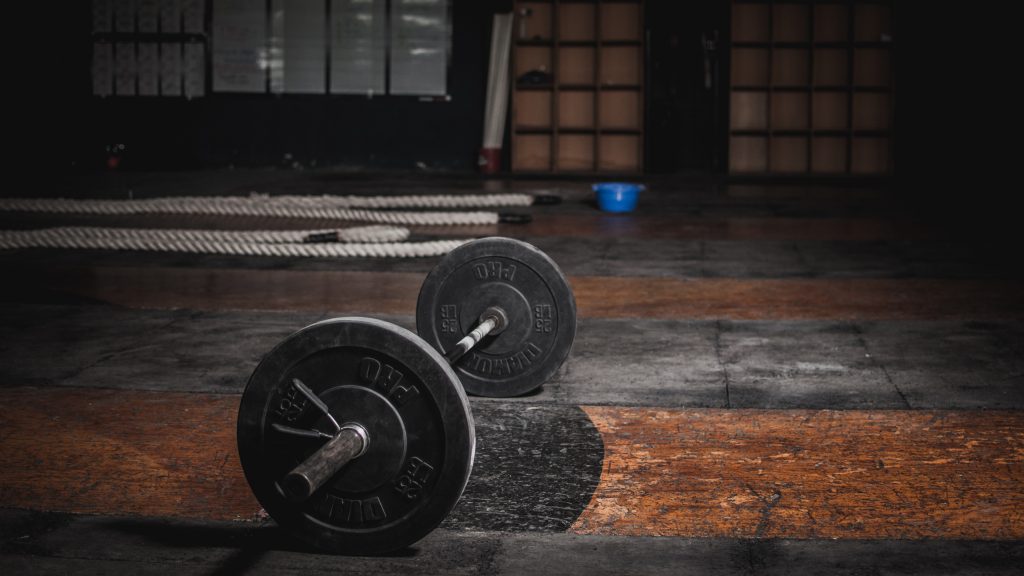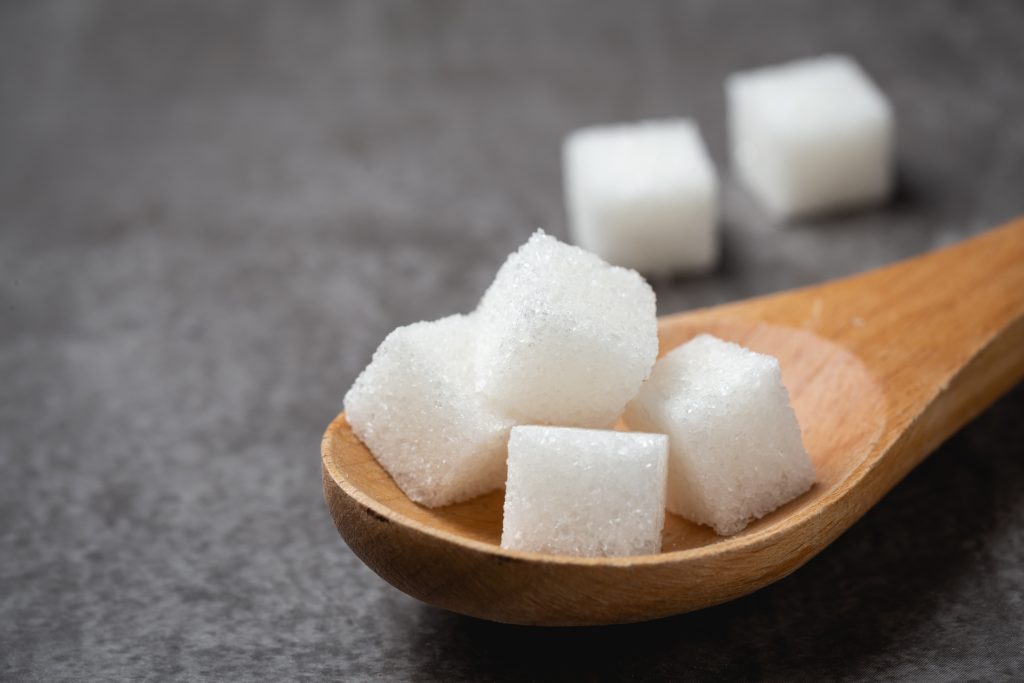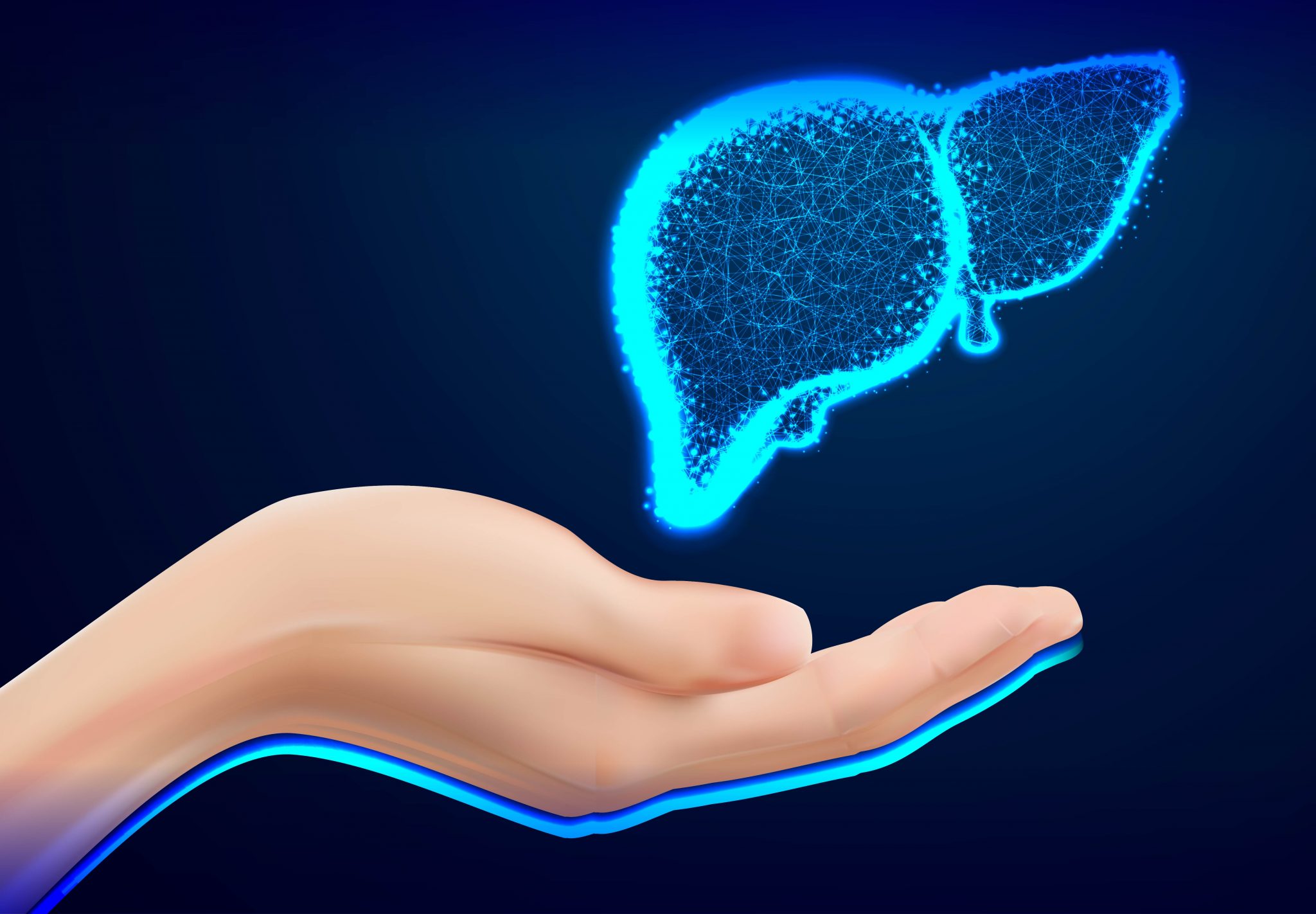
Type 2 diabetes prevalence has been on the rise in the past decade. Various studies have looked into ways to prevent and manage diabetes, and some into curing it. Recent studies are shedding more light on the question of why does this disorder occurs in the first place. Some studies even show that certain ethnic groups or populations are more prone or resistant to diabetes progression. The answer is often multifactorial, involving the environment, nutrition, lifestyle, and more. One major factor now proven is genetics.
The progression of type 2 diabetes usually begins with the progressive desensitization of our cells to insulin. This means our cells do not recognize insulin as well and thus lowers the uptake rate of glucose into the cells. But our body will try to force our cells to take in more glucose as they should by increasing insulin production. Over time, this damages our pancreas cells and thus impairs their ability to produce sufficient, or any insulin in severe cases.
Ask anyone afflicted with type 2 diabetes and you will learn that this disorder affects various parts of their lives, known or unknown. One often overlooked part is sports, or more precisely, sports recovery. So how exactly does type 2 diabetes affect sports recovery ability?
SLC30A8
SLC30A8 is one of the genes associated with various risk of diabetes type 2 progression. This gene encodes for a zinc transporter protein which is responsible for insulin storage and secretion in your insulin-producing pancreas cells.
To be precise, the rs13266634 variant of this gene has been shown to increase the risk of diabetes progression. A single change of its amino acid composition affects the zinc transporter’s ability to perform its destined duties in the cell, thus promoting the development of type 2 diabetes by up to 53% increased risk.
Sports Recovery Ability
So what does type 2 diabetes and this gene got to do with sports recovery? Well, this boils down to 2 things. The SLC30A8 gene and insulin resistance.

The SLC30A8 has been shown to affect men in terms of skeletal muscle damage recovery. The presence of the risk variant (rs13266634) of the gene meant men who underwent physical training experienced;
- Increased muscle soreness level and duration
- Increased short term strength loss
- Increased muscle damage post-workout
Surprisingly, this was exclusively true only in the male population compared to the female population with the same gene variant. On the bright side, long term training comparisons showed no difference in muscle strength and size gains. This means men with this gene will only have to endure more pain and recovery time to reap equal benefits in the end. Thus, endurance training is more suitable for this gene carrier.

To understand why insulin resistance affects sports recovery ability, one must first understand some of the functions of insulin. Insulin is a hormone that signals our cells to take in the glucose present in our blood. Insulin sensitivity increase drastically after strenuous exercise to prime our muscle cells to take in glucose for various reasons, including glycogen replenishing and cellular repair.
Thus, when skeletal muscles become resistant to insulin, the events leading to prime recovery is affected.
What Do These Mean?

Well, again type 2 diabetes is a multifactorial disorder. The first thing one should know is if they are indeed a carrier of the rs13266634 variant of the SLC30A8 gene. The easiest way to do this using a gene test kit. This test is often non-invasive where a saliva sample is sufficient.
In the event you do carry this gene, or even if you don’t, fret not. Diabetes is a very preventable disorder. Here are some changes you can make to your lifestyle to both avoid diabetes and improve sports recovery:
- Exercise Daily
- Avoid processed food
- Avoid refined sugars
- Reduce your body fat percentage
- Opt for more protein and vegetables
- Improve sleep quality and quantity
Take a break,
Any athlete and sports enthusiast know the importance of a proper recovery session to both improve muscle strength, size, and performance. One line of genetic coding now shows its dark side in its efforts to jeopardize just that. Worry not, always remember.
Test, Identify, Change, and Improve
Always consult a medical professional to stay on step ahead!
Find out more about your DNA and make changes to your lifestyle for a healthier body today. Check out DNA Explorer Personal, starting at RM179 only!
References:
1. Sprouse C, Gordish-Dressman H, Orkunoglu-Suer EF, et al. SLC30A8 nonsynonymous variant is associated with recovery following exercise and skeletal muscle size and strength. Diabetes. 2014;63(1):363-368. doi:10.2337/db13-1150
2. Chabosseau P, Rutter GA. Zinc and diabetes. Arch Biochem Biophys. 2016;611:79-85. doi:10.1016/j.abb.2016.05.022
3. Petersen MC, Shulman GI. Mechanisms of Insulin Action and Insulin Resistance. Physiol Rev. 2018;98(4):2133-2223. doi:10.1152/physrev.00063.2017

